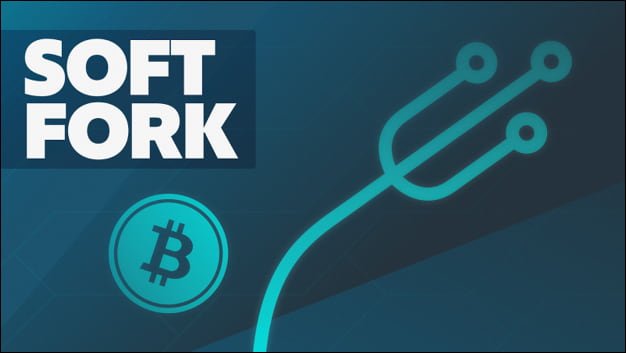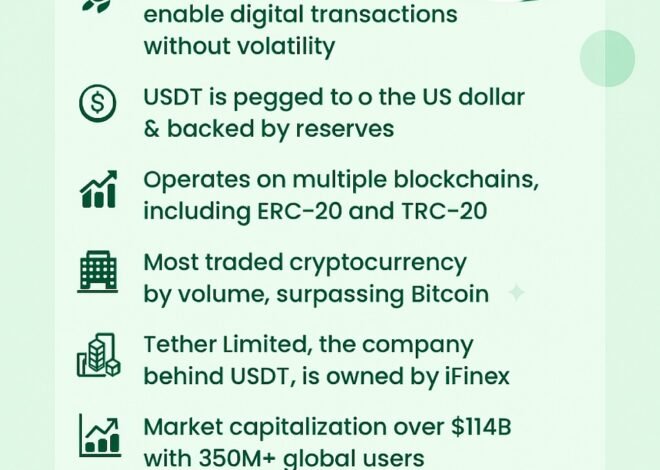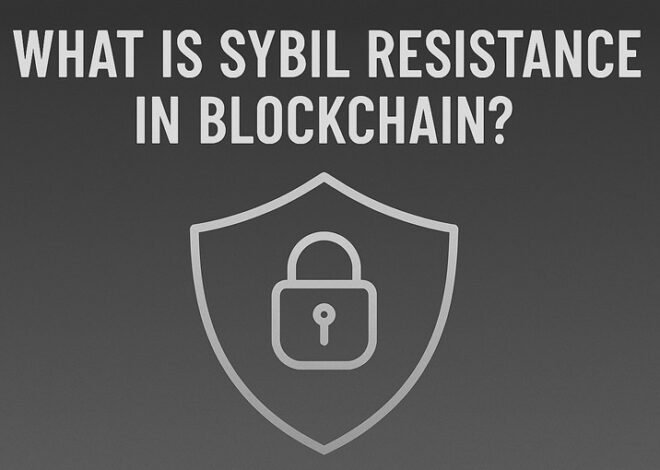
What is Soft Fork in Blockchain?
A soft fork is a change to a blockchain protocol that is backward-compatible. This means that unlike a hard fork, which requires all nodes to upgrade to the new protocol, a soft fork only requires a majority of the miners to upgrade. Nodes that do not upgrade can still participate in the network and recognize the new blocks as valid.
How Soft Forks Work?
In a soft fork, the new rules are a subset of the old rules. This means that all blocks that are valid under the new rules are also valid under the old rules. However, blocks that are valid under the old rules may not be valid under the new rules. This backward compatibility ensures that the blockchain does not split into two separate chains, as is the case with a hard fork.
Reasons for Soft Forks
Soft forks are typically implemented for several reasons:
- Protocol Upgrades: To introduce new features or improvements without causing a split in the blockchain. For example, the Segregated Witness (SegWit) upgrade in Bitcoin was implemented as a soft fork to increase the block size limit and improve transaction malleability.
- Security Enhancements: To address security vulnerabilities in the protocol. Soft forks can be used to enforce stricter rules that enhance the security of the network.
- Consensus Rule Changes: To modify the consensus rules in a way that is compatible with the existing protocol. This ensures that the network remains cohesive and avoids the risks associated with a hard fork.
Examples of Soft Forks
- Segregated Witness (SegWit): Implemented in Bitcoin in 2017, SegWit was a soft fork that aimed to increase the block size limit and fix transaction malleability issues. It allowed for more transactions to be included in each block without increasing the actual block size.
- Pay-to-Script Hash (P2SH): Another example in Bitcoin, P2SH was introduced to allow more complex transaction scripts. It was implemented as a soft fork, ensuring that older nodes could still validate the new transactions.
Final Words
Soft forks are an essential tool in the blockchain developer’s toolkit, allowing for protocol upgrades and improvements without causing a split in the blockchain. They provide a way to enhance the network’s functionality and security while maintaining backward compatibility with older nodes.
Have you come across any interesting soft forks in your blockchain explorations? Feel free to share your thoughts in the comments below!
Learn More-
https://www.coindesk.com/learn/hard-fork-vs-soft-fork/
Read Also-
What is Hard Fork in Blockchain?


